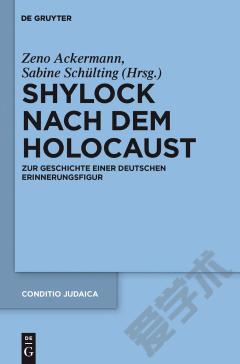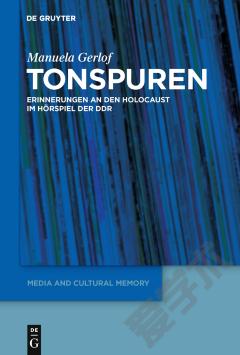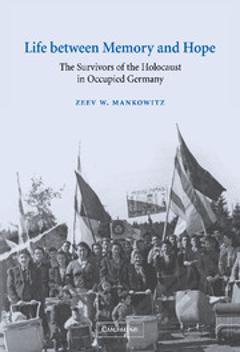Holocaust Angst —— The Federal Republic of Germany and American Holocaust Memory since the 1970s
----- 大屠杀焦虑:德意志联邦共和国和美国的大屠杀记忆,自20世纪70年代
In an innovative approach, Holocaust Angst explores how Germans perceived and reacted to how Americans publicly commemorated the Holocaust. It argues that a network of mostly conservative West German officials and their associates in private organizations and foundations, with Chancellor Kohl located at its center, perceived themselves as the "victims" of the afterlife of the Holocaust in America. They were concerned that public manifestations of Holocaust memory, such as museums, monuments, and movies, could severely damage the Federal Republic's reputation and even cause Americans to question the Federal Republic's status as an ally. From their perspective, American Holocaust memorial culture constituted a stumbling block for (West) German-American relations since the late 1970s.
{{comment.content}}








 京公网安备 11010802027623号
京公网安备 11010802027623号